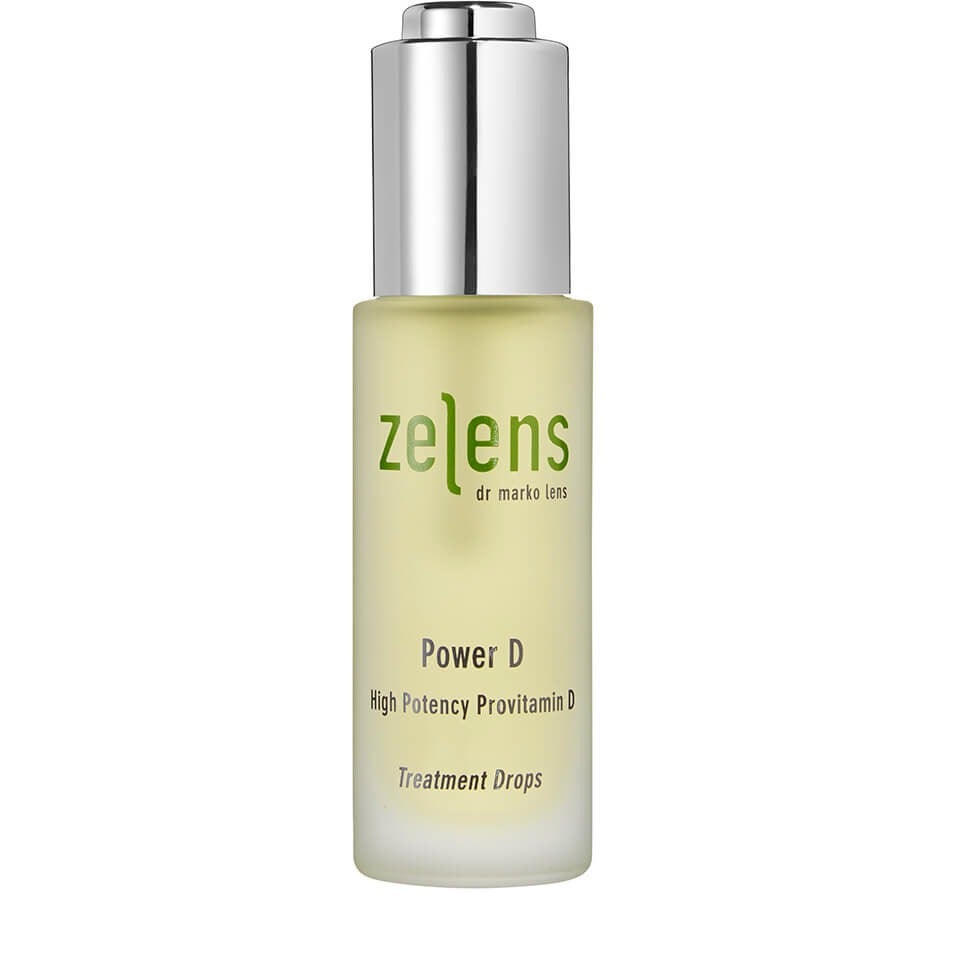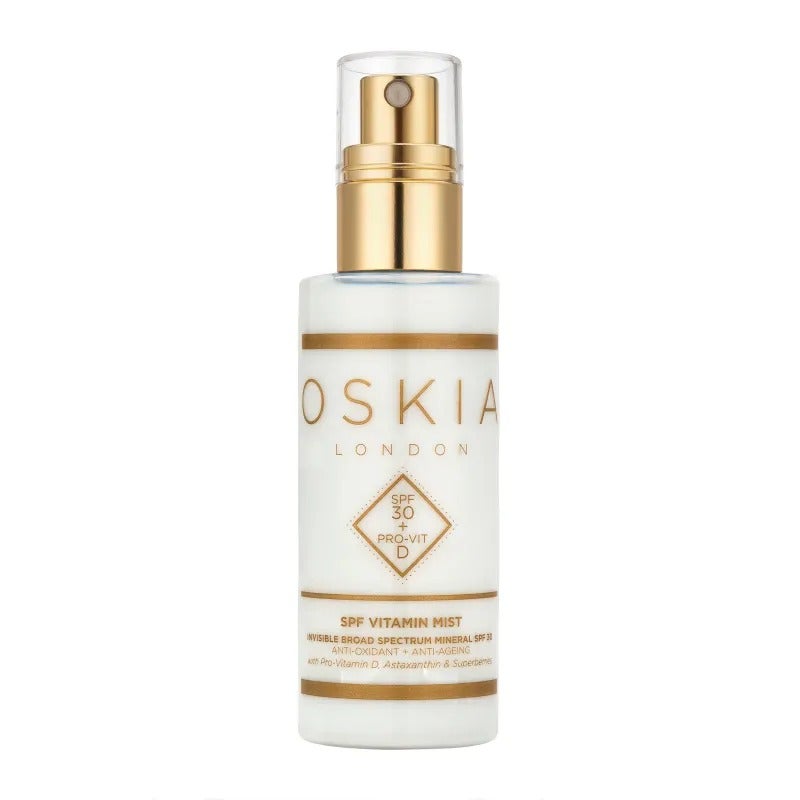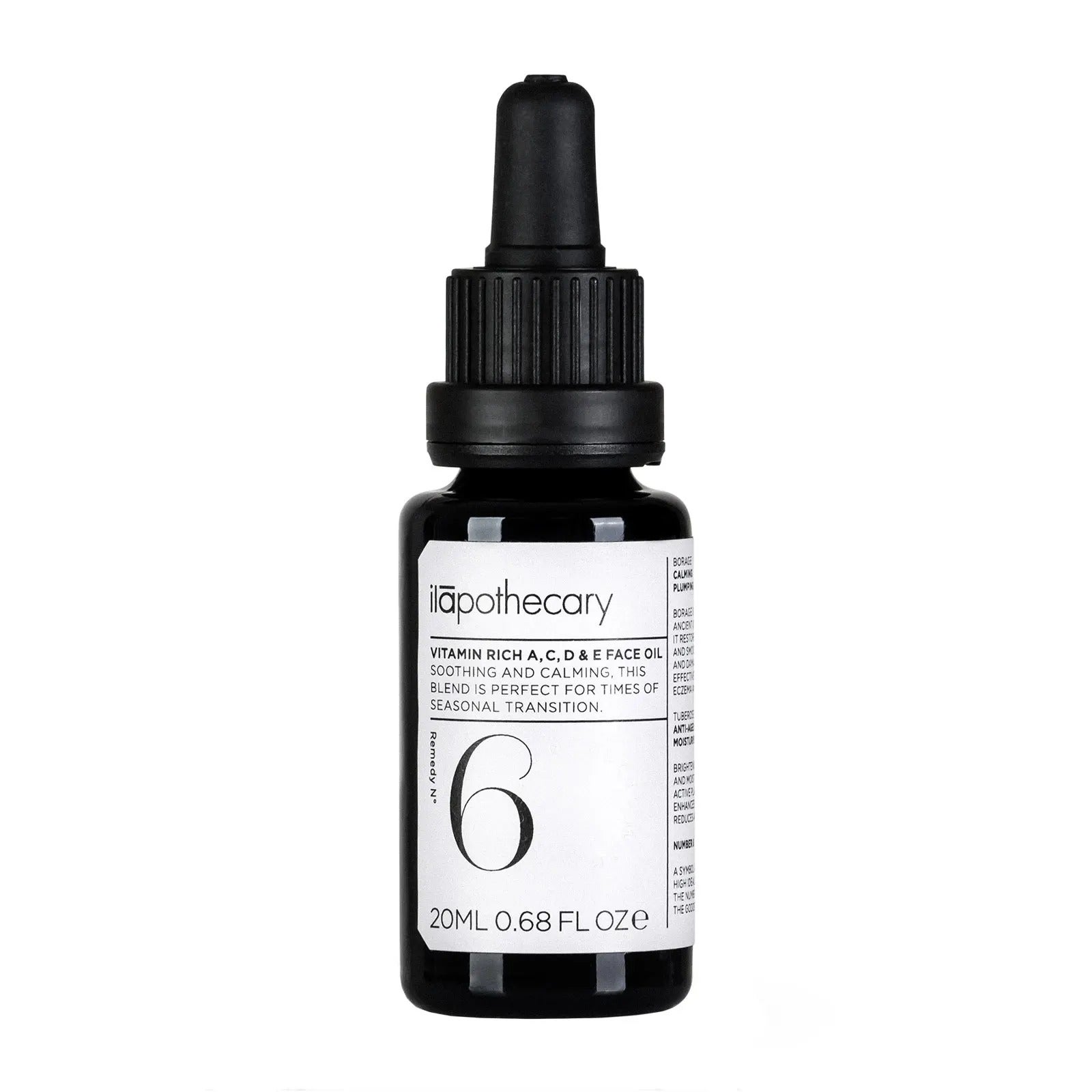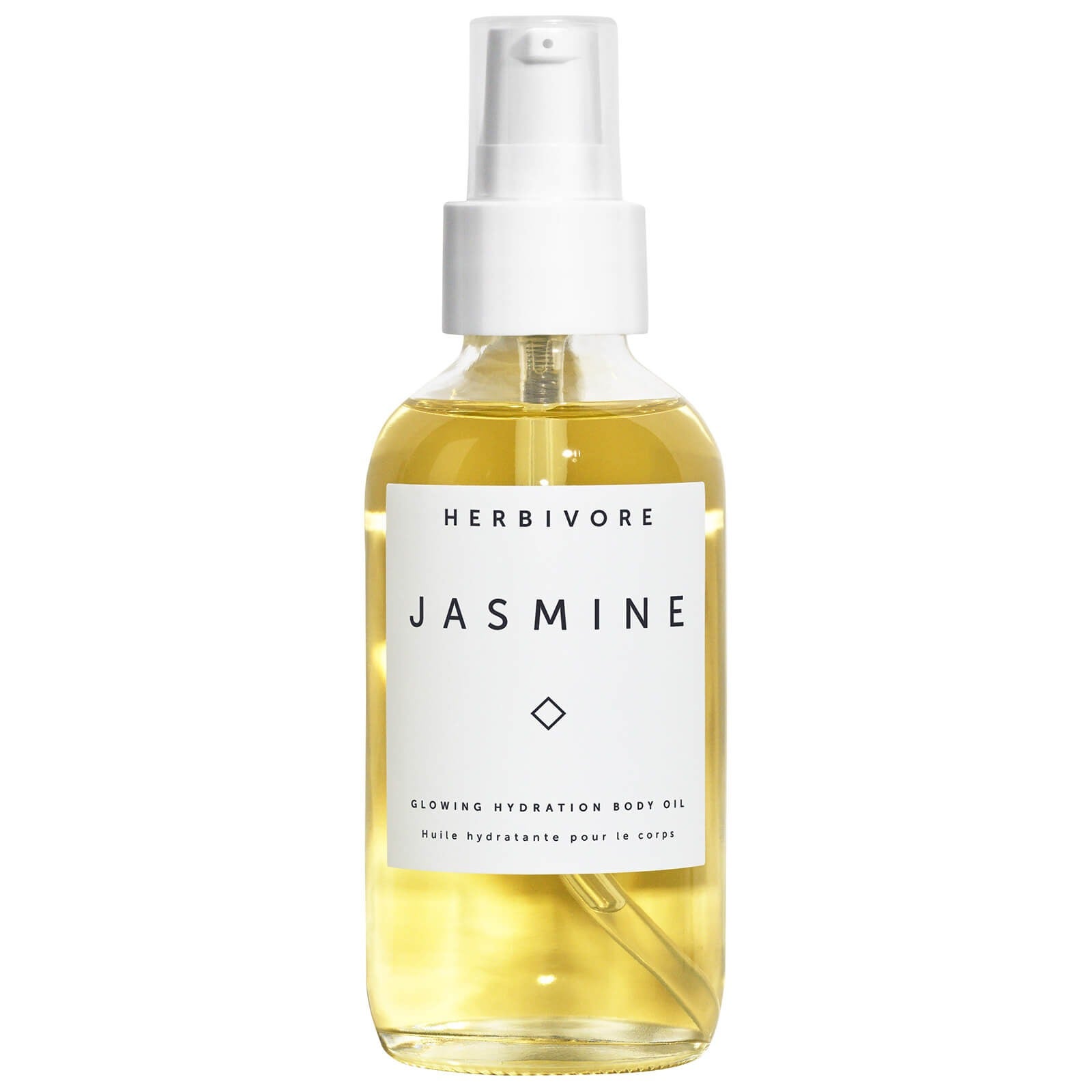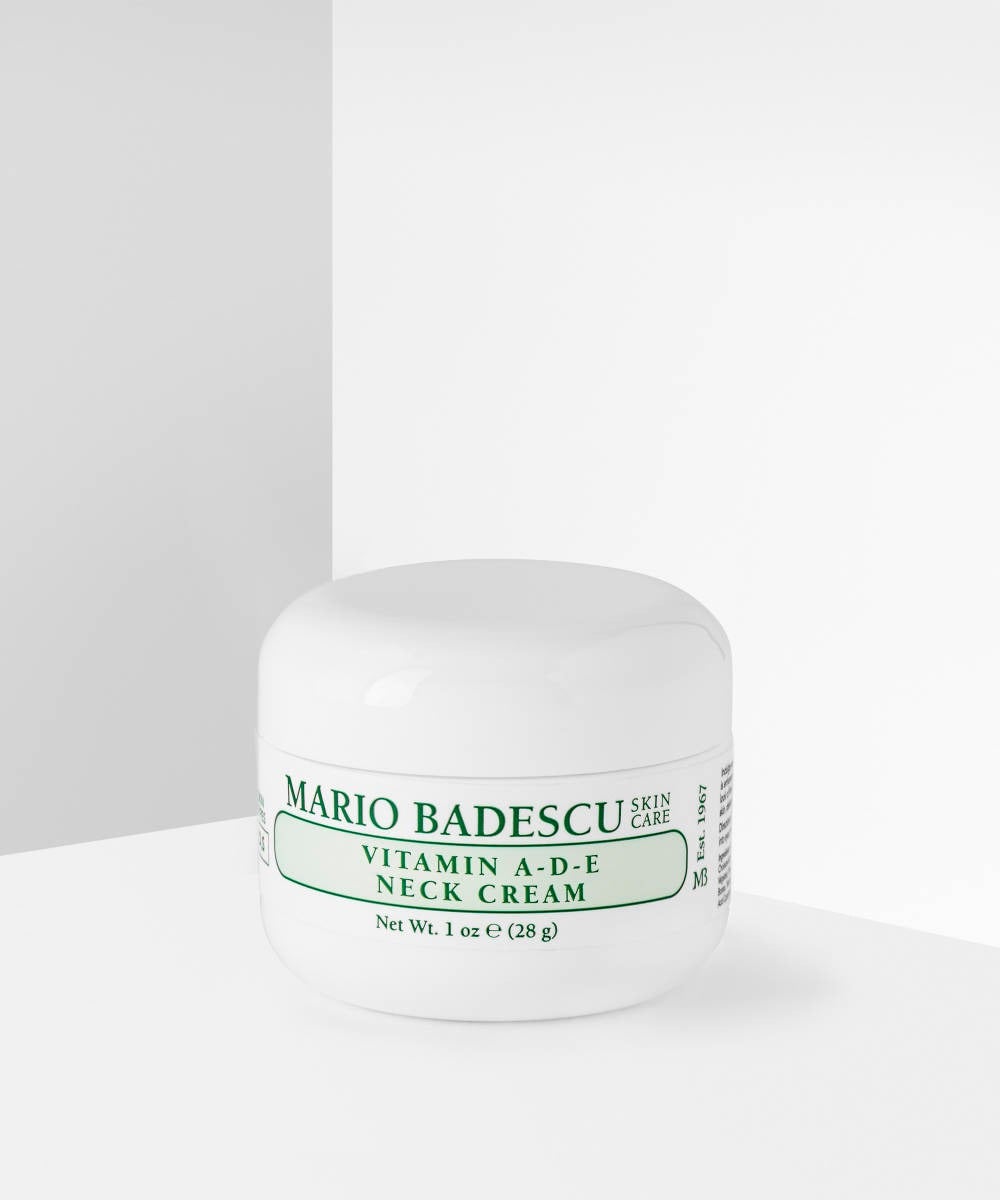From vitamin C to iron, supplements are big business and in the UK it's fair to say that nothing has piqued our interest quite like vitamin D aka the "sunshine vitamin". Perhaps it's because sunny days are few and far between, or we're looking for ways to combat lockdown lethargy. One thing is for certain, though, vitamin D is an all-rounder and its benefits are endless.
Synthesised in the skin when exposed to sunlight, vitamin D has the backing of multiple GPs and health experts who recommend it for bone and teeth health, as well as your immune system. While you might already be taking an oral vitamin D supplement, skin experts are extolling the virtues of the ingredient in topical skincare, and the results are impressive. "We do not get the vitamin D for our body via skincare, however, vitamin D still plays a vital role in skincare," says Dr Marko Lens, founder of Zelens. Just like vitamin C, it has antioxidant properties to protect skin from the environment but goes beyond that to treat dullness, dry patches and impart a natural glow. That's why plenty of beauty brands are now looking into the effects of vitamin D, making it one of the biggest beauty buzzwords right now.
AdvertisementADVERTISEMENT
Here's everything you need to know about how vitamin D could transform your skin.
What are the benefits of vitamin D in skincare?
"Vitamin D is used to boost the immune system of the skin, reinforce the skin's barrier (preventing moisture loss and dryness) and offer protection against the environment," for example pollution, says Dr Lens. But it can go further than that.
Previously used to treat conditions such as psoriasis (which is an inflammatory skin condition), Dr Kemi Fabusiwa, skin specialist and founder of Joyful Skin Clinic, says that we now know topical application of vitamin D may have the same anti-inflammatory effect when used generally, so it can help soothe skin prone to redness. Dr Fabusiwa adds: "This is because vitamin D has antioxidant properties, which help neutralise free-radical damage (for example pollution and UV rays) and dampen down inflammation." However, skin conditions such as psoriasis should always be checked out by a qualified dermatologist.
Both Dr Lens and Dr Fabusiwa also pinpoint vitamin D's antimicrobial (essentially antibacterial) properties, potentially keeping spots under control. Dr Fabusiwa adds that studies have shown vitamin D to inhibit the effects of UV radiation when applied just before exposure to the sun, protecting the skin from fine lines and sun spots. Of course, that does not mean you can avoid sunscreen. Always apply and regularly reapply a high factor SPF during the day, even in the winter.
How do you use vitamin D in skincare?
AdvertisementADVERTISEMENT
From serum to moisturiser, brands are slowly starting to formulate products with the star ingredient. As Dr Lens points out, vitamin D is a lipid, so it is easily absorbed into the skin. Unlike vitamin C (which skin experts advise is better applied in the morning so that it can fend off environmental factors like pollution) or retinol (which works well as part of an evening routine), you can apply vitamin D products in the morning and in the evening. Of course, it's all down to personal preference.
While vitamin D is touted as a soothing, calming, redness-reducing ingredient, if you find that your skin reacts to vitamin D, stop using it immediately and consult a qualified dermatologist.
What is the difference between a vitamin D supplement and vitamin D in skincare?
"Vitamin D can be ingested orally in supplement form but you'll also find it in foods such as fish and dairy," says Dr Fabusiwa. "Once in the body, it is converted by sunlight to its active form. The internal supply of vitamin D is important for bone and skin health. Applied topically to the skin, it has anti-inflammatory, antioxidant and antimicrobial properties."
According to Dr Lens, we do not get the vitamin D we need for our body via skincare, so if you think you might be deficient, visit your GP.
Which are the best vitamin D skincare products?
"I like Mario Badescu Vitamin A-D-E Neck Cream, £18," says Dr Fabusiwa. "It is a rich cream containing potent antioxidants and vitamins to reduce the free-radical damage" (e.g. UV and pollution).
Also try Zelens Power D Treatment Drops, £115. The product is a dry oil meets serum which absorbs instantly and isn't at all greasy. Apply directly to your face and neck and follow with moisturiser to banish dry skin and encourage a natural glow. Oskia SPF Vitamin Mist SPF30 + Pro-Vit D, £46, combines vitamin D and a high SPF for added protection against UV rays.
AdvertisementADVERTISEMENT







